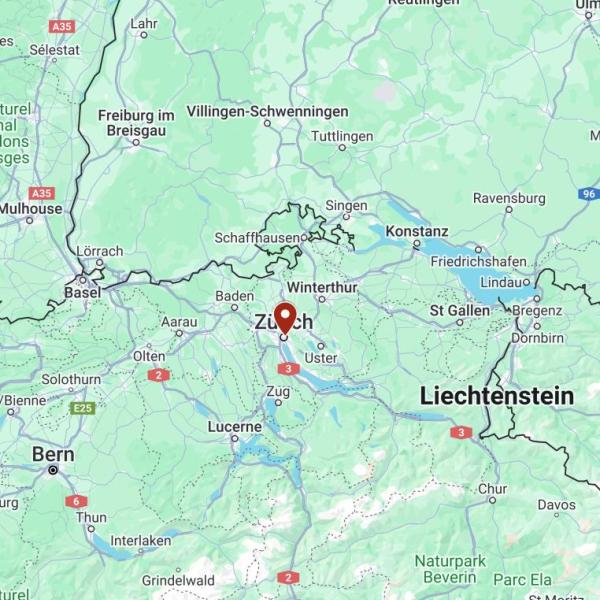ETH Zurich


Location:
Zurich,
Switzerland
Language of instruction:
English, German
Tuition payable to:
UBC
Program website:
ETH Zürich Exchange Website
Terms available:
Term 1, Term 2, Full year Term 1 + 2 (UBC Term 1 start)
Who can go?
- Only Engineering, Science (incl. Forestry & LFS) are eligible to apply
- Undergraduate students must have a minimum cumulative GPA of 75% at UBC to be considered for exchange at ETH Zurich
- Students in Computer Science should have a very strong computer science and math background (e.g. completed at least 30 credits in CPSC and 15 credits in MATH before going on exchange), Recommended to go in Term 2 of 3rd year or 1st term of 4th year.
Academic planning
Term dates
- UBC Term 1 (ETH Semester 1): Mid September to Late January
- UBC Term 2 (ETH Semester 2): Late February to Mid June
*Term 1 note: In some cases, students can return to UBC in January and complete ETH exams by distance back at UBC.
Areas of study available:
- Engineering
- Forestry
- Land and Food Systems
- Science
Course availability and restrictions
- Students going to ETH must take at least 2/3 of their course credits in the department where they are enrolled
- Undergraduate exchange students are allowed to choose courses of Master programmes (taught in English, as a rule) if they fulfill the prerequisites (usually only upper level students)
- To check their qualification for a Master programme course they should contact their Departmental Exchange Coordinator at ETH Zurich before registering for the course
- The Department of Management, Technology and Economics (D-MTEC) only accepts students with a technical background
- The Department of Mathematics only accepts students who are majoring in Mathematics at their home university
Course equivalency Formula
- ECTS credits divided by 2 = UBC credits
Course load Information
- No maximum number of courses
- Minimum: 20 ECTS per semester (excluding language courses)
Transfer credit
The transfer credit process takes approximately 16 weeks following each submission deadline. You should allow sufficient time to meet important deadlines that may affect you (e.g. application for graduation, registration in courses that require prerequisites that you took on exchange, entry to a major/honours program, etc.)
Search for previously approved courses
Additional note for language of instruction
- Bachelor programmes are mainly in German
- Master programmes are mainly in English
- While undergraduate courses at 1st and 2nd year level are normally taught in German, many courses at 3rd year level are taught in English
- Students must have at least a B2 (C1 preferred) level to study in German (self-assess with: European Language Portfolio Global Scale)
- There is an offer by the language learning center for intensive German courses and semester German courses
Student experience
Housing
Information on accommodation
Accessibility
Some destinations may be more accessible than others for students with disability-related accommodations. If you identify with having a disability or pre-existing health condition which could impact your participation, or if you require academic accommodation, please contact a Go Global advisor before applying to explore options that are best for you.
Equaldex
The Equality Index measures the current status of LGBTQ+ rights, laws, and freedoms
Finances and funding
While you’re learning abroad, you remain a UBC student and are eligible for UBC awards, scholarships, and financial assistance.
- 15 credits or equivalent full-time program tuition per term, paid to UBC
Financial Planning
Awards & Scholarships
All awards and scholarships available through Go Global:
UBCV Students
UBCO Students
You might want to consider...
-

University of Helsinki
Helsinki, Finland
-

Lunds Universitet
Lund, Sweden